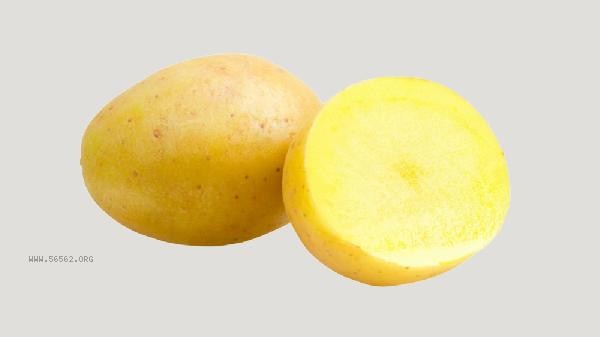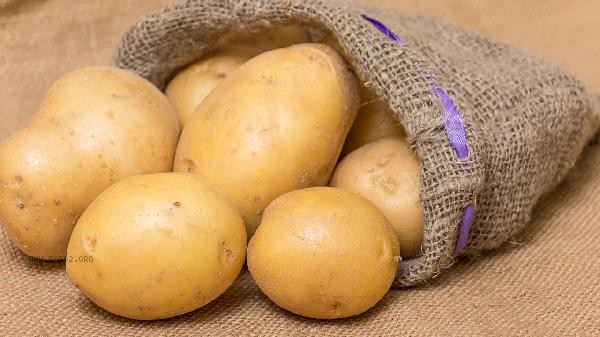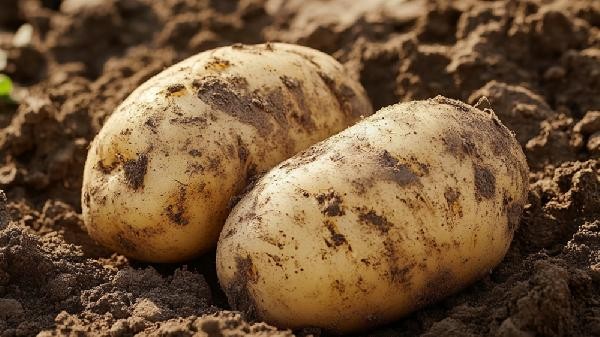The temperature for potato germination is usually above 5-8 degrees Celsius, and it is easier to germinate when the humidity is high. The main influencing factors of potato germination include the seed state, storage environment humidity, light conditions, degree of mechanical damage, and variety characteristics.

1. Seed Potato Status
Seed potatoes with bud eyes will accelerate germination at suitable temperatures. Potatoes that already have hidden buds at harvest may germinate prematurely even if stored at low temperatures. Choosing potatoes with intact and undamaged skin can extend their storage period.
2. Storage environment humidity
Relative humidity exceeding 80% can promote potato respiration, leading to the conversion of starch into sugar required for germination. Damp environments such as cellars can cause potatoes to sprout at around 10 degrees Celsius. It is recommended to keep them dry and ventilated.
3. Light conditions
Sunlight or light exposure can activate the photosensitive pigments in potato tubers, promote the production of toxic substances such as solanine, and stimulate germination. Potatoes that have not been stored away from light have a significantly faster germination rate at 15 degrees Celsius.

4. Degree of mechanical damage
Potatoes with damaged skin will release ethylene to accelerate ripening, and will sprout quickly above 7 degrees Celsius. During the harvesting and transportation process, bumps should be avoided, and potatoes with wounds should be consumed first.
5. Variety Characteristics
Early maturing varieties are easier to germinate than late maturing varieties, and some hybrid varieties can inhibit bud germination through genetic modification. Traditional yellow skinned potatoes have a lower germination temperature threshold than purple skinned varieties under the same conditions. To delay potato germination, it is recommended to put intact and undamaged potatoes in black plastic bags and store them in a cool and dry place at around 4 degrees Celsius. They can be stored separately from fruits and vegetables such as apples that release ethylene inhibitors. Potatoes that have slightly sprouted should have their bud holes and surrounding tissues thoroughly removed. Potatoes that have deeply sprouted or have green skin should be discarded due to high solanine content. Small packaged potatoes can be preferred for daily use to reduce storage time. Before cooking, pay attention to checking for any signs of sprouting or spoilage.










Comments (0)
Leave a Comment
No comments yet
Be the first to share your thoughts!